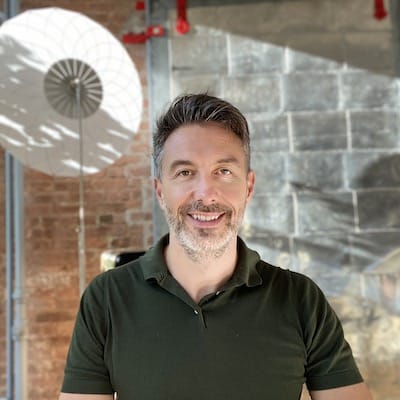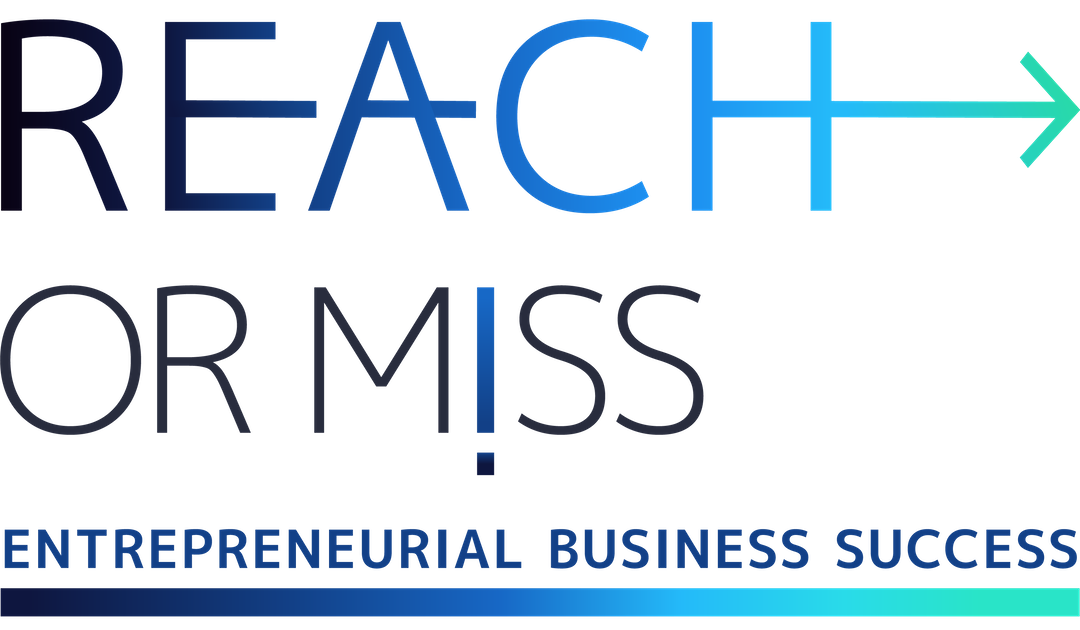Ep. 210 – James Layfield lost Microsoft as a client for being too arrogant and then won the contract for partnering to establish Google Campus in London…

James Layfield is an entrepreneur and investor creating positive change through innovation in sectors ranging from property to financial technology.
Most recently, James co-founded Clearfind, an easy-to-use, unbiased artificial intelligence platform that is changing the way companies manage and optimize software with data.
James is a general partner in a fintech investment fund Treasury with the cofounders of Acorns, Betterment, and a board member of Paypal, and has angel investments across a host of technology ventures.
James has founded and led multiple successful companies including Rise, the world’s largest fintech innovation platform, with Barclays; Never Ever Limited, an innovation catalyst and consulting agency; and Central Working, a shared workspace hub for business professionals.
James is currently an ambassador for CognitionX the AI event, London and Partners, and the ScaleUp Institute. He also serves as the New York Tech Ambassador for the Mayor of London.
Most passionate about
- The thing that I’m working on right now is something that I’ve been exploring for the last four years, in a really interesting area of the world: software.
- I’m working on a company called Clearfind. We’re here to help people bring software into their company as effectively as possible and manage and reduce the cost of the software.
James’s career and story
- I think of myself as a serial entrepreneur. I’ve always been driven by an absolute passion to try and solve problems that I have faced in my life.
- I basically created the idea of co-working in the UK, even before the work came around, which is quite exciting, through financial technology. I’ve been working in financial technology for the last 10 years with some of the biggest banks in the world.
- The number of available options in the market has increased exponentially and yet the tools with which to navigate it are the same. That’s why there is this beautiful, cool area for tool like clarified.
- We’re bringing that together with AI so that we can augment people in their jobs to make consistently smarter decisions. We think we’ve excelled at that.
- The first three years of our journey were spent working out how to do the software and then gathering that data. We only launched it in October of last year.
- We’re a four-year-old company that has been selling since October of last year. The reason is that it’s really hard to do the thing that we’ve managed to do. Once we went to market, we found that this resonates with that audience of companies spending between three and 10 million a year and also with consultants.
- We have a couple of the world’s largest consultancy firms working with us and are already getting some great results. On top of that, we have companies from many different sectors, from finance and banking to biotech and high-tech. Among all of these organizations, the commonality is the amount of money they’re spending annually on software and the complexity of the ecosystem.
Best advice for entrepreneurs
- I think basically to listen. I have to constantly remind myself of that.
- What we’re doing is going back through the real insights that we have in our business from our real customers and opening our ears to listen to what they’re telling us. You then start to adapt and change your messaging and product in a way that’s going to resonate with them.
The biggest, most critical failure with customers
- Many years ago, one of my first ever ventures was an experiential creative agency. We had just gotten to the final stages of hopefully about to win Microsoft.
- We were meeting the people whom you never want to meet when you’re trying to sell someone, which is the procurement team.
- We want us both to come away really happy with this deal. That’s where my little ego became a nightmare. I said, “I think the pricing is really fair right now, but are you sure you want me to look at what a fair price would be?” Absolutely. I got off the phone and like the absolute maniac that I was, I went away and worked out what the fair price would be.
- Now, the fair price for this job was three times as expensive as what we’d quoted them because we’d already massively discounted it in order to get them the business.
- I think everybody knew what he meant. He didn’t want to pay a fair price. He just wanted a discount. I mean, he didn’t say that. And I knew that’s what he wanted and I was arrogant and made a fool of myself. Instead of winning Microsoft and losing a bit of margin, we didn’t ever work with Microsoft in that company.
Biggest success with customers
- A reasonable time ago, when I was pioneering this thing that became known as co-working in the UK, we had just opened up our first location and were getting incredible feedback.
- And then somebody messaged me that Google is launching a co-working space, and instead of just ignoring them, which is what I wanted to do, I reached out into my network and said, “Hey, has anyone else heard about the fact that Google is trying to do this workspace?”
- At the time, I was close to one of the original European kind-of founders of LinkedIn. This guy, Kevin, not surprisingly knew everyone. I said to Kevin, “Can you reach out to some of your friends at Google and get me in touch with whoever’s heading up this project? They’re doing something that’s in our space.”
- Kevin was a rockstar and got on the phone with this lady called Anastasia. I said, “Anastasia, you work at Google. You probably haven’t heard of my company, which is called Central Working, but you have to make the time, if you have any interest at all in doing this workspace thing, to come and see me.”
- When she came to see this thing we’d created, she was blown away. I didn’t realize they had been running a process for nearly six months, working out how and who they were going to partner with on this new, exciting project that became something called a Google campus.
- That was one of my finest moments because we took something that should have been a threat and made it into an opportunity.
James’s recommendation of a tool
- Pipedrive – This is a really lovely CRM tool for sales. It’s so simple, so powerful.
James’s one key success factor
- I think it’s mental clarity.
- The business world today is extremely hectic. You’ve got to understand the noise in your mind, how busy your head is, where’s your head’s at, and you’ve got to take that into consideration. Try to reduce how busy your mind is so that you can think more clearly, so that you’re not so anxious. When you do that, when you’re more settled down, you will hear and see more of the world and be able to make smarter decisions.
James’s Mountain
Since we believe that the best way for entrepreneurs to get fast, big, and sustainable success is by leading your (new) market category, and the entire entrepreneurial journey reminds me of mountaineering, I want to ask you: Is there a mountain you dream of climbing or a mountain you have already climbed?
- A couple of years ago, a friend rang me and said, “Hey, James, how do you fancy going to Machu Picchu?” And I was like, “Sign me up.”
- I did not have any idea why I signed up for the four-day hike. The level of intensity of that height for me was off the charts. At one time, I was just lying on the floor, gasping for breath. I thought I was wearing a very tight hat, but it was basically just altitude sickness plus exertion. It was ridiculous.
- I don’t think I’ve ever worked so hard in my life. I don’t think I’ve ever had more fun being outside in nature. I don’t think I’ve ever felt more physically challenged than I did on that trip. It was so beautiful and so inspirational. Getting closer to the two friends I went on that trip with is something that I’ll remember forever. It really inspired me to want to do more of it.
- When you push yourself beyond your physical limits and mental limits, be that business or, as in this case, in climbing the actual landscape, it just shows you what is possible.
- I think we hold ourselves back so often that we limit ourselves. We don’t even realize that we’re doing it to ourselves. If you said to me, “Did you train for that?”, I’d answer, “Not really.” No, but did I really push myself? And did I get the most out of it? Absolutely. Yes. And I’m always surprised at what I accomplished, looking back.

Machu Picchu | Peru
The best way to connect with James:
- Here is my Clearfind.com site
- Here is my LinkedIn
